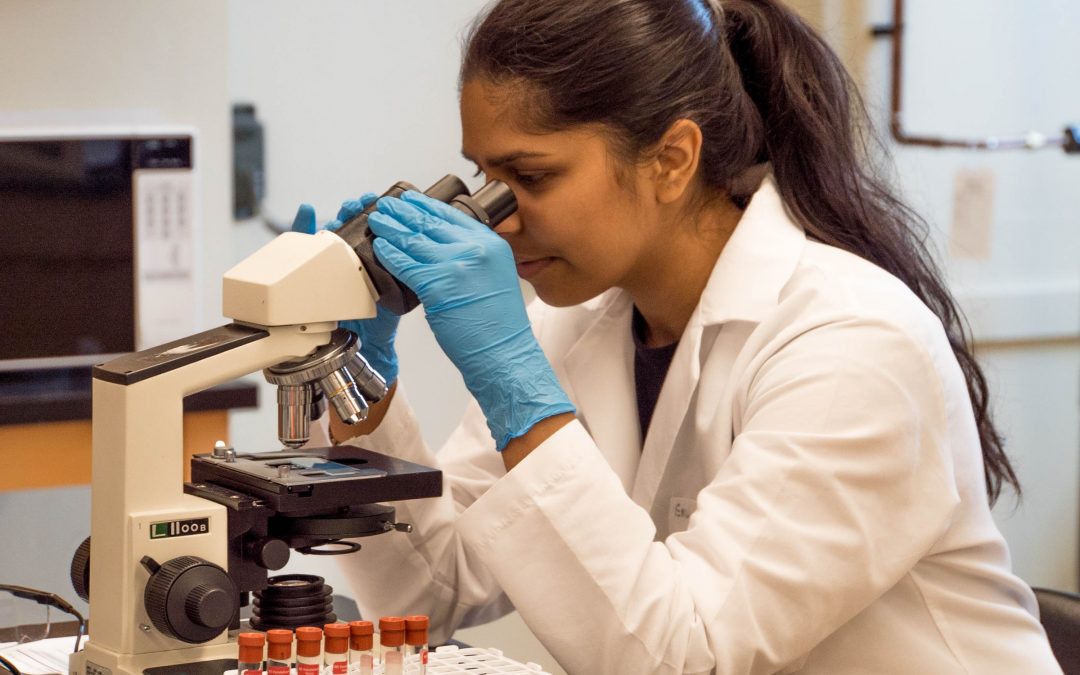One of the more frequent questions we receive is ‘what causes Prader-Willi syndrome?’
Prader-Willi syndrome is widely believed to be one of the ten most common syndromes seen in birth defect clinics around the world. However, despite being first described in 1956, many people including physicians are not familiar with this potentially life-threatening condition. Unfortunately, this can limit access to testing, vital information, and support throughout the world to those who need it the most.
The cause of Prader-Willi syndrome is a complex and rare genetic alteration, and there is nothing that either parent did to impact this during or before becoming pregnant with a child.
It has been found to occur when there is a lack of expression of one or more genes in a specific region on the chromosome 15, inherited from the father.
Suzanne Cassidy, MD, has set out below 3 common ways that this syndrome can occur:
1) there is a missing segment (referred to as 15q11-13) from the chromosome 15 that was inherited from the father. This is called a deletion and is found in about 70% of people with PWS,
2) the entire chromosome 15 contributed by the father is missing and instead there are two chromosome 15’s inherited from the mother. This is called a maternal uniparental disomy 15, or UPD 15 (found in about 25%), or
3) there is a defect in the normal expression of the relevant genes due to an abnormality in the control of gene expression. This is called an imprinting defect and is found in 5% or less of people with PWS.
The syndrome generally occurs as an isolated event in the family and for the deletion and UPD forms the risk is low that parents with one affected child will have another child with the same condition. Parents with a child with an imprinting centre defect should seek genetic advice as this can sometimes run in families. There is nothing that either parent did or did not do, either before or during the pregnancy, that causes this genetic alteration.
These different genetic abnormalities have a similar effect and results in the characteristic features of what is named ‘Prader-Willi syndrome’.
Free Diagnostic Testing
PWS is confirmed by genetic testing which IPWSO offers to cover the cost for those living in countries where it is not available. Contact us to find out more about this free diagnosis service, which is offered at the Baschirotto Institute for Rare Disorders in Italy.
For more information to understand Prader-Willi syndrome cause, treatment available or diagnosis support, please see our information page here.
Photo by Trust “Tru” Katsande on Unsplash

